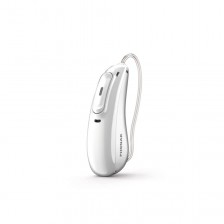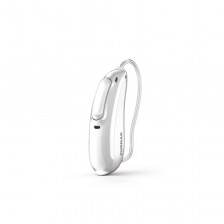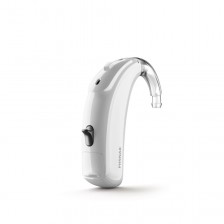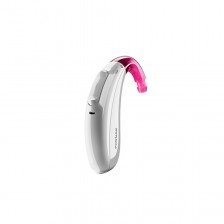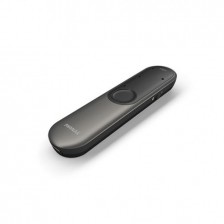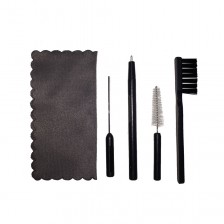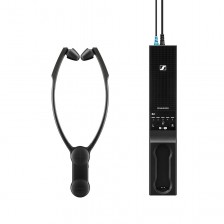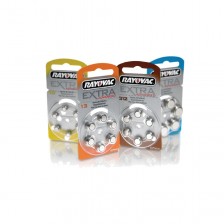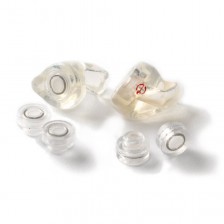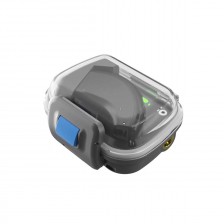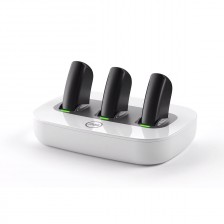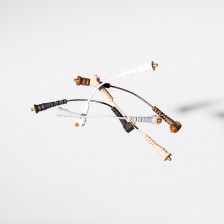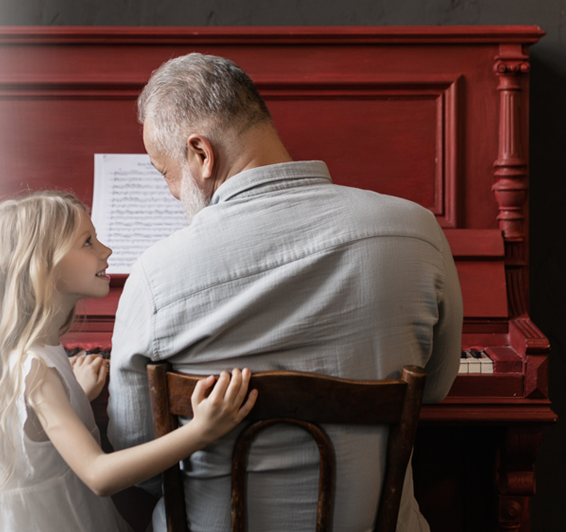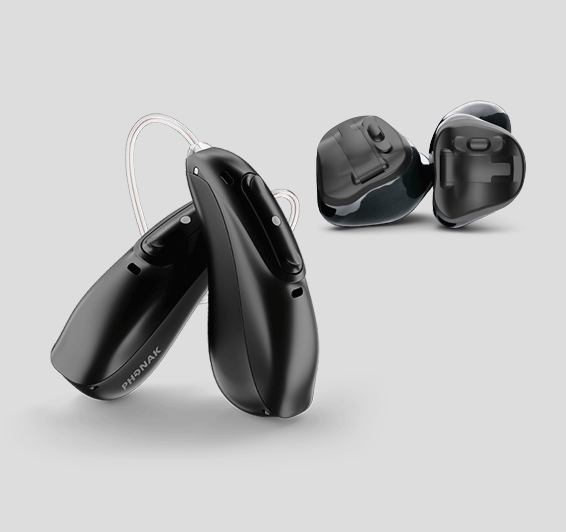We can't let children deal with it!


Make a child hearing test is not easy: children can not explain what they feel; even if you ask them, they do not raise their hands as adults when hearing a sound; They will not tell you anything else apart from not hearing well, -sometimes hearing loss is just a side effect of other diseases-, and you can not ask them to concentrate for too long. Therefore, not all audiology centers work with children, because it requires expert audiologists on the subject.
With children, the hearing test must be like a game, although not a cakewalk, precisely. For example, for children from1-3 years old we often apply the Suzuki method, which consists of the following: after putting the child a very loud sound that is sure to hear, we trigger some kind of toy that catches his eye, like a robot walking and flashing lights. After repeating this chains of events a few times, the child will turn to the robot after hearing the sound but before the robot begins to flash or walk. From here it only takes dicreasing the gain as we trigger the beeps and if the child does not turn into the robot, we can be sure that does not perceive that frequency at that volume.
With slightly older children (4 or 5 years old) you can expect some more colaboration, and teach them that they have to spend a ball just after hearing a sound, so that when they will not hear a certain sound they won't react returning the ball.
There are other methods, but they all have a similar operation and an identical goal: get the most accurate hearing health information possible of the child. Only then, we can help them hear better and improve their ability to communicate and learn as other children.
Throughout this process the role of parents is crucial and from here we want to encourage you not being afraid to take your child to the audiologist. If you notice that doesn't behave like the others, it might be because they do not hear well, take into account that learning is based on imitation and being hearing impaired is very difficult to imitate sounds-. In that case, the sooner your child becomes familiar with its hearing aids and create his own hearing memory, much better will be. So it is always better to leave doubts leading him to an specialist because it is very difficult that your child communicates these kind of problems to you.
In conclusion: we can not let childen deal with the hearing loss. It is the responsibility of parents and all involved professionals helping children to hear well so they can learn like others and lead a normal life.
